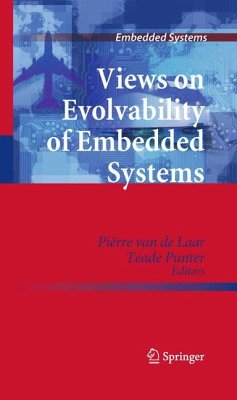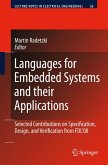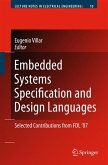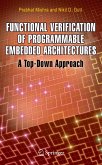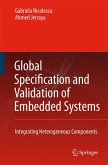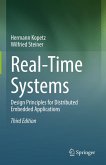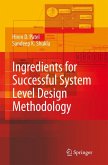Views on Evolvability of Embedded Systems focuses on the topic of evolvability of embedded systems from an applied scientific perspective. In particular, the book describes results from the Darwin project that researched evolvability in the context of Magnetic Resonance Imaging (MRI) systems. This project applied the Industry-as-Laboratory paradigm, in which industry and academia join forces to ensure continuous knowledge and technology transfer during the project's lifetime. The Darwin project was a collaboration between the Embedded Systems Institute, the MRI business unit of Philips Healthcare, Philips Research, and five Dutch universities.
Evolvability was addressed from a system engineering perspective by a number of researchers from different disciplines such as software-, electrical- and mechanical engineering, with a clear focus on economic decision making. The research focused on four areas: data mining, reference architectures, mechanisms and patterns for evolvability, in particular visualization & modelling, and economic decision making. Views on Evolvability of Embedded Systems is targeted at both researchers and practitioners; they will not only find a state-of-the-art overview on evolvability research, but also guidelines to make systems more evolvable and new industrially-validated techniques to improve the evolvability of embeddedsystems.
Dieser Download kann aus rechtlichen Gründen nur mit Rechnungsadresse in A, B, BG, CY, CZ, D, DK, EW, E, FIN, F, GR, HR, H, IRL, I, LT, L, LR, M, NL, PL, P, R, S, SLO, SK ausgeliefert werden.
Hinweis: Dieser Artikel kann nur an eine deutsche Lieferadresse ausgeliefert werden.

